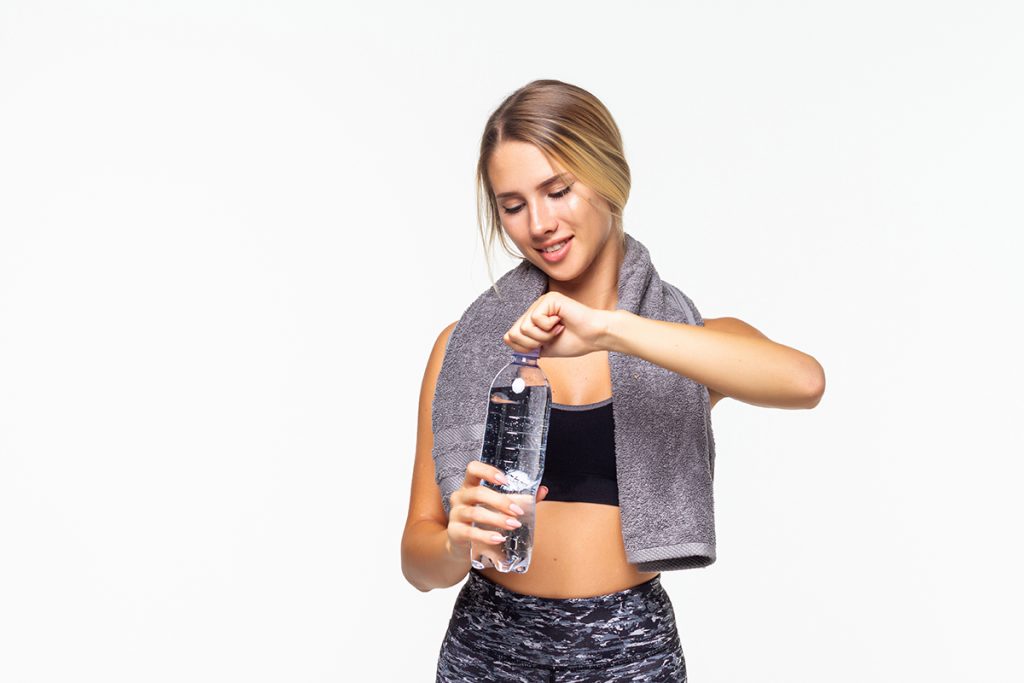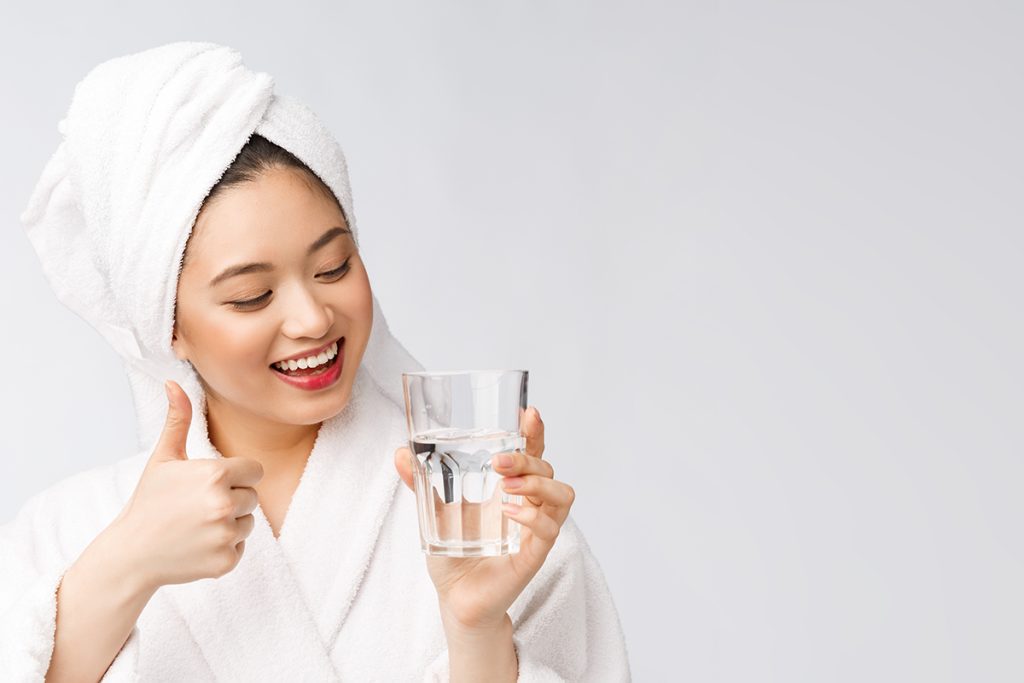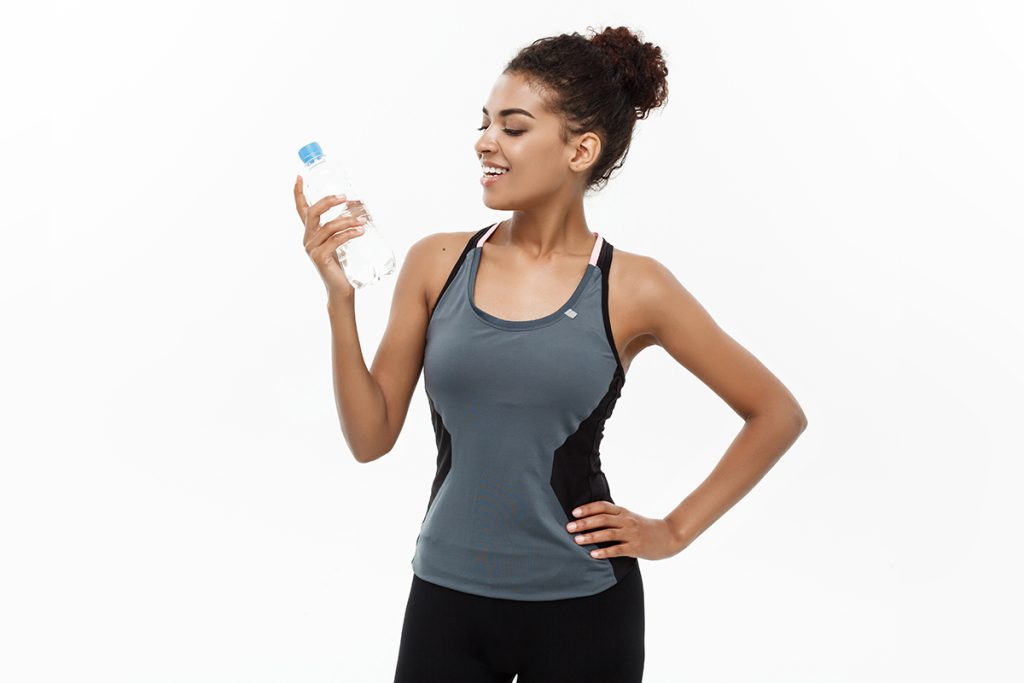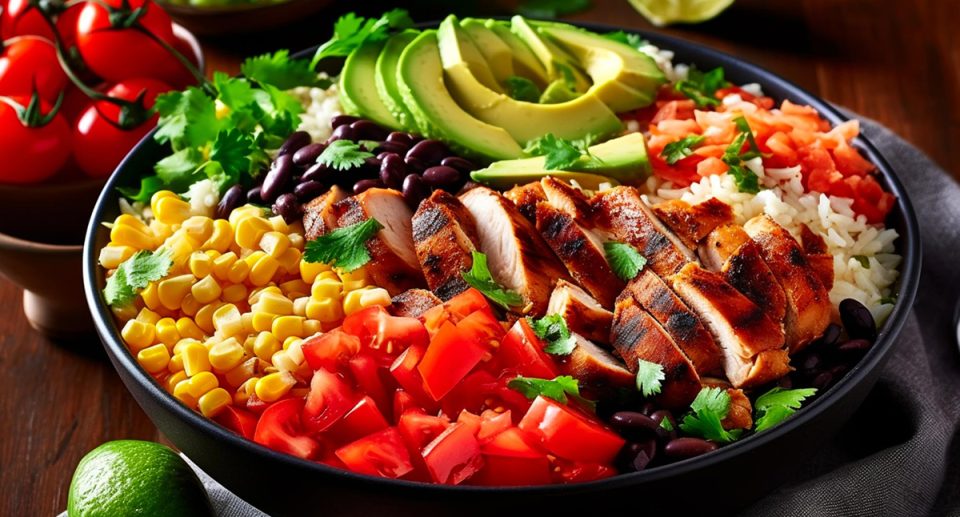How much water to drink every day?

Especially during the scorching summer months, the importance of staying hydrated is at the forefront of our thoughts. However, determining the appropriate amount of water intake can be more significant than one might initially assume, according to the insights of specialists. Nonetheless, they caution against excessive consumption despite its benefits.
Our bodies predominantly consist of water — a fact that holds significant meaning. Water fulfills numerous crucial functions within our bodies, encompassing temperature regulation, joint lubrication, and the safeguarding of organs and tissues.
Recent research conducted earlier this year further establishes a potential connection between proper hydration and a reduced likelihood of exhibiting signs of aging and chronic ailments. To ensure you maintain adequate hydration levels, we sought out expert responses to the most frequently asked questions regarding staying hydrated.
Thousands have lived without love, not one without water
W. H. Auden

What is the optimal daily water intake?
While many are familiar with the standard advice of drinking 8 cups a day, this serves merely as a general guideline. In reality, the amount of water required by your body can vary depending on a range of factors. The truth of the matter is that determining an individual’s necessary water intake is a bit more intricate, taking into account factors like body size, level of physical activity, dietary habits, and even environmental conditions.
For instance, during warmer and more humid conditions, your body typically demands an increased water intake.
Starting with eight cups is often a reasonable initial step, yet it’s important to acknowledge that individual needs might exceed this recommendation. According to the Institute of Medicine of the National Academies, daily water requirements span from 2.7 to 3.7 liters, equivalent to 91 to 125 ounces. Importantly, this doesn’t solely pertain to water consumed directly from glasses; it also encompasses fluids obtained from other beverages and food sources.

What is an excessive water consumption?
Although relatively uncommon, consuming an excessive amount of water can be problematic. However, this circumstance should not be a prevailing concern. Nonetheless, an excessive intake of water or alternative fluids like sports drinks can lead to a medical emergency termed hyponatremia, also recognized as water poisoning or water intoxication. This situation arises due to an electrolyte imbalance within the body.
When you consume an excessive amount of water, your body’s water levels increase, causing cells to swell as an attempt to regulate electrolyte concentration. This process can lead to health complications. Essentially, the surplus water endeavors to balance out sodium and other electrolyte levels, prompting the swelling of brain cells and other cells throughout your body.
In extreme instances, this condition can potentially have fatal consequences. Consequently, the Centers for Disease Control and Prevention recommend a cautionary guideline of not exceeding 48 ounces, equivalent to 6 cups, per hour.
For the majority of healthy adults, however, excessive worry is unnecessary. Instead, it is advisable to consume water based on one’s individual sense of necessity.
Water is the driving force of all nature
Leonardo da Vinci

What is the ideal choice for optimal hydration?
The most effective fluid to prioritize for hydration is pure and uncontaminated water, preferably filtered. Nonetheless, certain medical conditions or specific lifestyles, such as elite athletic endeavors, might lead some medical professionals to propose alternative options.
Is coconut water a viable choice? And what about flavored beverages?
Once you venture beyond plain water, the situation becomes intricate. Packaged varieties of flavored waters infused with fruit juices can encompass additives, artificial coloring, sugar, or synthetic sweeteners.
While coconut water enjoys popularity, scientific investigations have demonstrated that it doesn’t surpass regular water in terms of hydration. Nevertheless, experts from the Mayo Clinic acknowledge that coconut water does contain essential electrolytes, like potassium, sodium, and manganese, which aid in replenishing those that are lost through perspiration.
For individuals who encounter difficulties in meeting their water intake, rather than resorting to commercially produced fruit-infused beverages for diversity, it is advisable to incorporate fresh fruits into your plain water. This natural approach adds flavor without introducing additional sugars.

Is carbonated water a healthy choice?
The preference for carbonated water largely depends on personal taste, but it’s important to recognize that these products typically exhibit higher acidity levels compared to regular water. Carbonated water, due to its carbonation, also introduces a slightly higher level of acidity. This aspect is significant for individuals who consume carbonated beverages, as regardless of their sugar content, there is a potential risk of enamel erosion on teeth.
Is alkaline water beneficial for your health?
Regarding alkaline water, which boasts a pH level higher than that of standard tap water, the consensus is that, for most individuals, it does not hold an advantage over plain water, as outlined by the Mayo Clinic.
Advocates assert that alkaline water can counteract excess acidity in the bloodstream and potentially contribute to disease prevention, such as cancer and heart disease. Nevertheless, the Mayo Clinic emphasizes the necessity for further research to substantiate these assertions.
In general, opting for plain water remains a reliable and wise choice.
If there is magic on this planet, it is contained in water
Loren Eiseley

Is consuming cold water bad for your health?
Any water temperature that you find comfortable is considered safe for consumption. As long as it’s not at a scalding temperature that could cause burns, you have the flexibility to drink water spanning the temperature spectrum, ranging from hot tea to ice-cold water — all without any adverse effects.
Notably, in specific studies focused on athletes and their hydration, it was observed that athletes often gravitate toward cold tap water, as it appeared to provide a quicker cooling effect. Nevertheless, it’s important to emphasize that water at your preferred temperature will effectively fulfill its role in hydration.



















